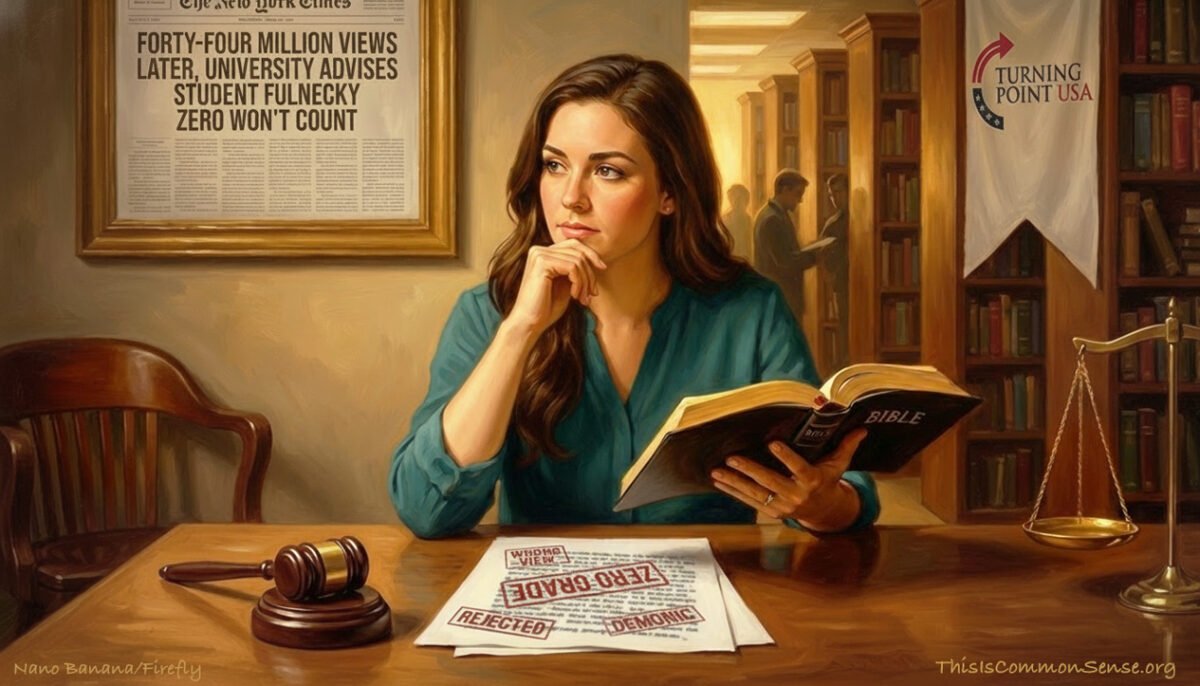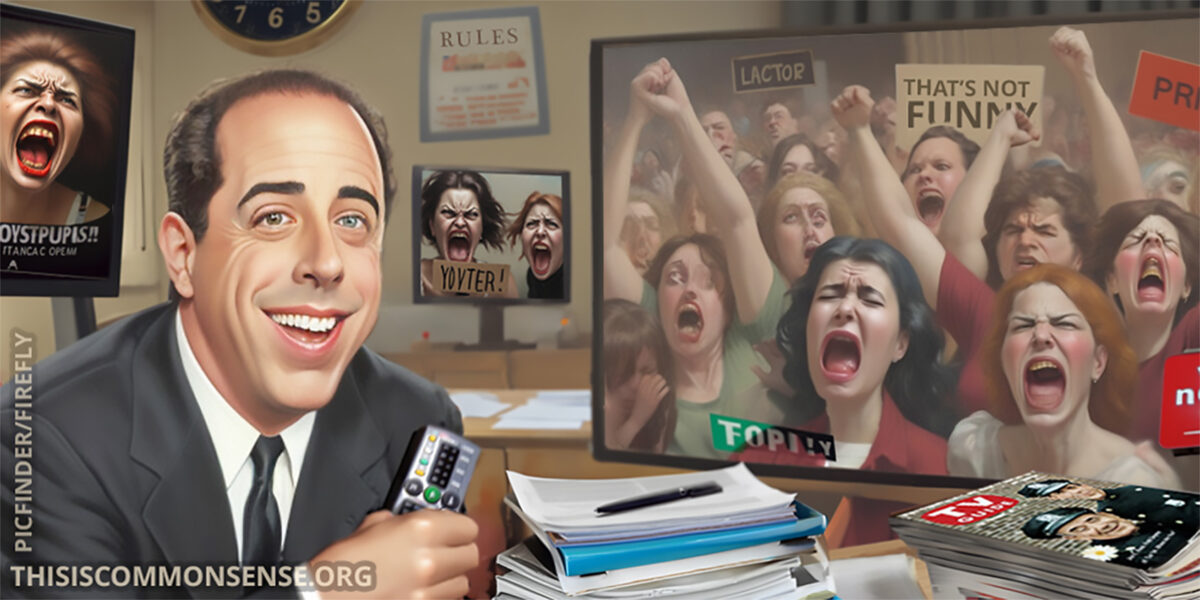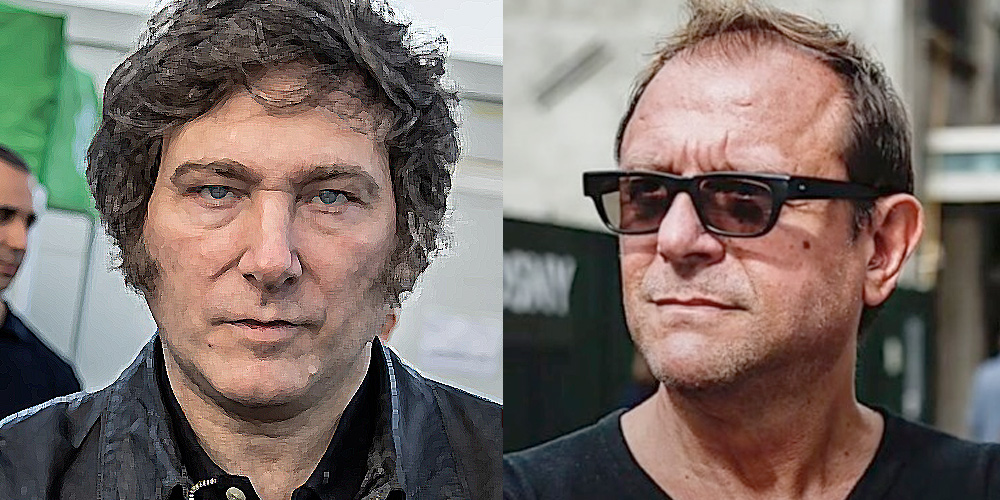Forty-four million views later, the University of Oklahoma has advised student Samantha Fulnecky that the zero her paper received won’t be factored into her final course grade.
While it’s good that the school won’t hold that zero against her, she deserves a grade — an honest, objective grade — for her work.
Fulnecky did submit a paper, contrary to what is implied by the zero. She did indeed turn in an essay on the topic of “gender, peer relations and mental health” that her class was assigned.
Perhaps the word “gender” has given you the clue. You guessed it: she took the wrong view.
The Washington Post reports that her essay “rejected the concept of multiple genders and cited the Bible to support her view that traditional gender roles should not be considered stereotypes. ‘Society pushing the lie that there are multiple genders and everyone should be whatever they want to be is demonic and severely harms American youth,’ Fulnecky wrote.”
Turning Point USA, which collected 44,000,000 views for its post about the controversy, has also posted the essay itself.
Whether Samantha Fulnecky’s work precisely follows the requirements of the assignment I don’t know; these have not been posted as well. Though not deathless prose, the essay is intelligible and on the assigned topic, if perhaps annoying to those who, like the transgender professor who assigned the paper, disagree with its Biblical perspective and non-novel view of male and female.
In other words, it’s not nothing.
This is Common Sense. I’m Paul Jacob.
Illustration created with NanoBanana and Firefly
See all recent commentary
(simplified and organized)
See recent popular posts








